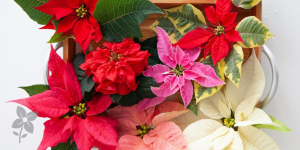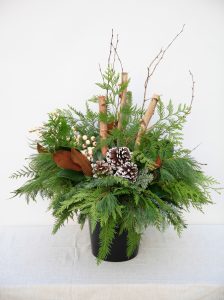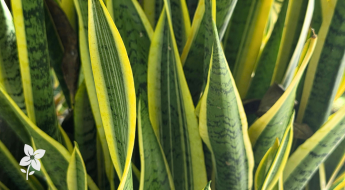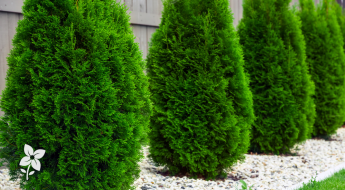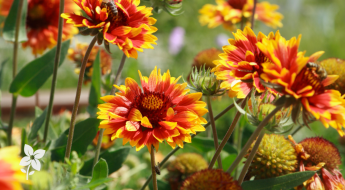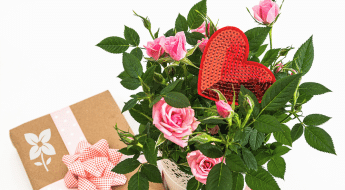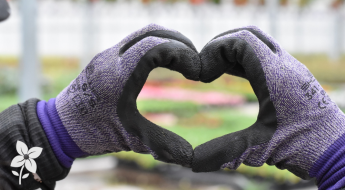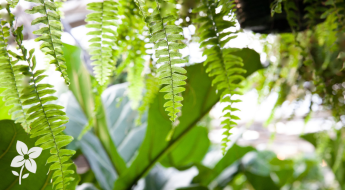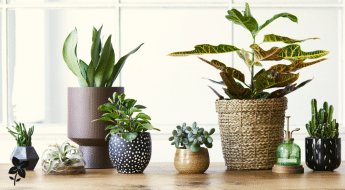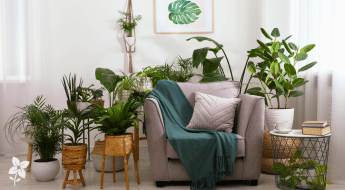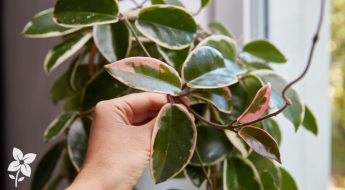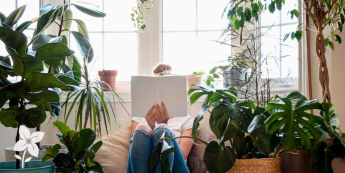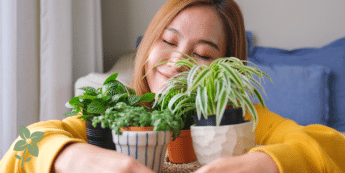
Feng Shui Plants – for Chinese New Year
By Rob Sproule
A General Overview
Ancient & Modern Collide
Air Purifiers
A General Overview:
This article was a journey for me. I started, driven by my own curiosity, to see what all the Feng Shui fuss was about. Shortly into research I noticed that most of the plants recommended for good energy were also exceptional air cleaners.
Does negative energy = airborne formaldehyde and other nasties? As I kept searching, the correlation got stronger. Read on and see for yourself if ancient Chinese mysticism foreshadowed our recent appreciation of preserving cleaner air through strategically placed plants.
Ancient & Modern Collide:
You don’t have to subscribe to Chinese mysticism to appreciate how plants change a home’s energy.
Use Plants around Electronics: Your computer and TV exude both electromagnetic energy and trace amounts of airborne chemicals. Placing a houseplant nearby will help counteract the radiation and suck up formaldehyde and xylene. See Air Cleaning Plants for the details about which plant absorbs which chemical(s).
Bring the Outside In: Feng Shui promotes bringing the energy of nature into your home. Plants soften hard, straight lines with non-linear shapes and soft curves. Opt for plants with rounded leaves over prickly unfriendlies (cacti are discouraged).
Raise the Roof: Low ceilings can make rooms feel like cells. Placing tall plants in sloped corners will symbolically lift the roof and make the room appear larger.
Want more out of the box tips? Click here!
Air Purifiers:
Stale air and good energy don’t blend well together. In an intriguing confluence of science and mysticism, many of the best Feng Shui plants are also the best air cleaners.
These plants suck up bad energy (if that’s another word for formaldehyde and benzene), and release clean, positive energy instead. Isn’t it wonderful when science and philosophy play nice with each other?
Golden Pothos: Scientifically, it’s one of the world’s best air cleaning plants (especially for removing formaldehyde), and according to Feng Shui, it freshens old, stagnant air and fills dead zones with good energy. Put it in corners where air tends to sit and get stale.
Chrysanthemum: Treasured across the Orient, yellow “Mums” exude optimism and happiness. Place them in the living room but not the bedroom, as it may conflict with the more peaceful elements there. NASA has also dubbed it an air cleaning champion for its ability to pull ammonia out of rooms.
Jade Plant: Also called Money Tree, the succulent jade is a Chinese symbol of good fortune. It’s connection with financial prosperity explains its common appearance in Chinese restaurants and offices.
Get Alberta’s Best Growing Tips
English Ivy: Easy to grow and air cleaning, it’s flowing vines soften “poison arrows” (the 90 degree angle made when 2 walls join together and point inward).
Palms: Another virtuosic air cleaner, palms make excellent dividers between spaces or serve to curve straight hallways. They have a sizable presence, so use them sparingly to avoid clutter.
African Violets: A popular window sill plant already, its coin-shaped leaves symbolize prosperity. Put in the “wealth” area of your home along with the money tree and jade plant.
Orchids: Potted orchids are the cupids of Feng Shui. Put one in your bedroom (as close to the bed as possible) in order to attract an honest, faithful partner.
““



